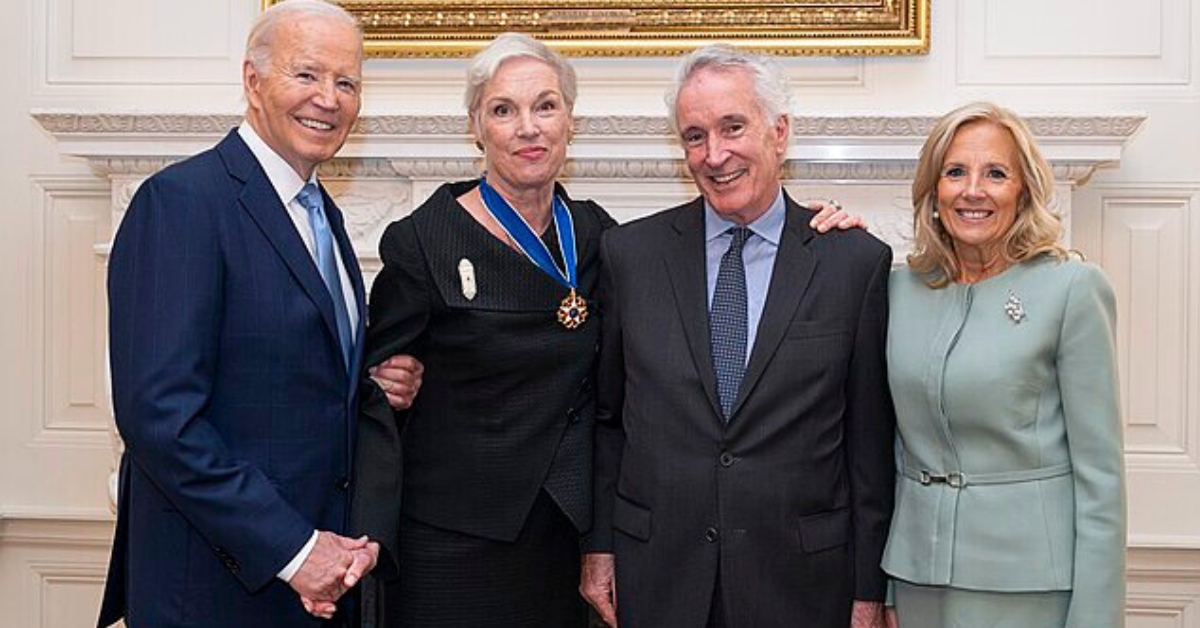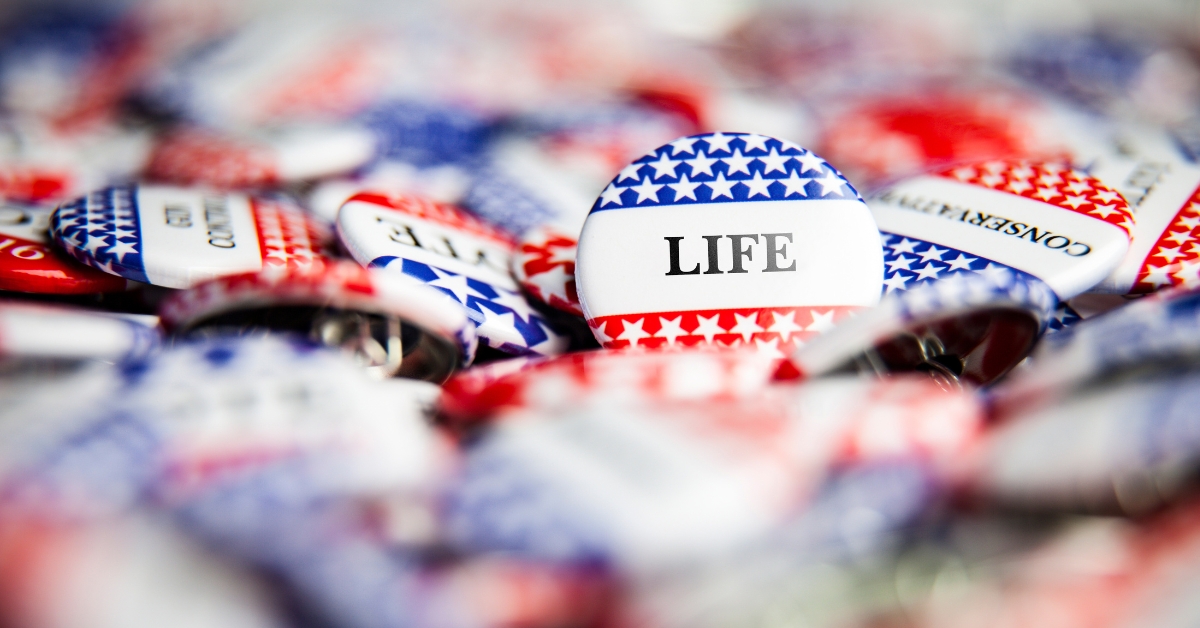
Pro-Life Advocates Challenge Selective Policing of Free Speech
Amid the nationwide protests following the tragic killing of George Floyd, a stark double standard has emerged in the realm of free speech. In the heart of Washington D.C., where demonstrations against police violence unfurled, a disturbing case of unequal enforcement has come to light. It’s a story that should concern anyone who values the fundamental principles of the First Amendment.
Use of chalk on public sidewalks became a major form of expression as protesters used the streets as a canvas to voice their outrage. Yet, the situation quickly unraveled into a concerning case of selective enforcement. While “Black Lives Matter” messages in chalk seemed to be tolerated, pro-life demonstrators faced arrest for using similar tactics with a different message.
The legal battle that ensued centers on the notion that free speech should be unbiased and unbridled, regardless of the viewpoint being expressed. The Frederick Douglass Foundation and Students for Life of America argued that the government’s unequal enforcement of regulations violated their right to free speech. The heart of the issue lies in whether the government can treat some speech with leniency while suppressing others.
The DC Circuit Court of Appeals recently handed down a crucial decision, and its implications are profound. The court acknowledged that while governments can place reasonable restrictions on the time, place, and manner of speech, these regulations must be content-neutral. In other words, they can’t be wielded as tools to favor certain messages over others. The essence of the First Amendment lies in its guarantee that all voices, regardless of their perspective, have the right to be heard.
The court made it abundantly clear that even in cases where regulations are facially constitutional, their unequal enforcement can lead to constitutional violations. Selective enforcement, it declared, amounts to viewpoint discrimination – a cardinal sin against the First Amendment.
This ruling serves as a reminder that the Constitution’s protections extend to all Americans equally. The government’s role isn’t to handpick which messages deserve amplification and which should be silenced. It’s a lesson in consistency – the First Amendment is blind to the content of speech. As the court rightly emphasized, access to public forums must be open to every perspective on the same terms.
The DC Appeals Court’s decision is a resounding affirmation of free speech rights. It’s a defense of the principle that governments should never wield their power to favor certain viewpoints over others. The lesson here is that the First Amendment’s principles must be applied uniformly, irrespective of political inclinations.
Ultimately, this case isn’t just about the messages scrawled in chalk; it’s about the cornerstone of democratic societies – the power of dissenting voices to be heard. It’s a stark reminder that when the government arbitrarily wields its enforcement powers to suppress one viewpoint while letting another flourish, it undermines the essence of free speech and chips away at the foundations of our nation’s liberty.














